Manchester Arena attack: Fire crews 'kept back' from aftermath
- Published
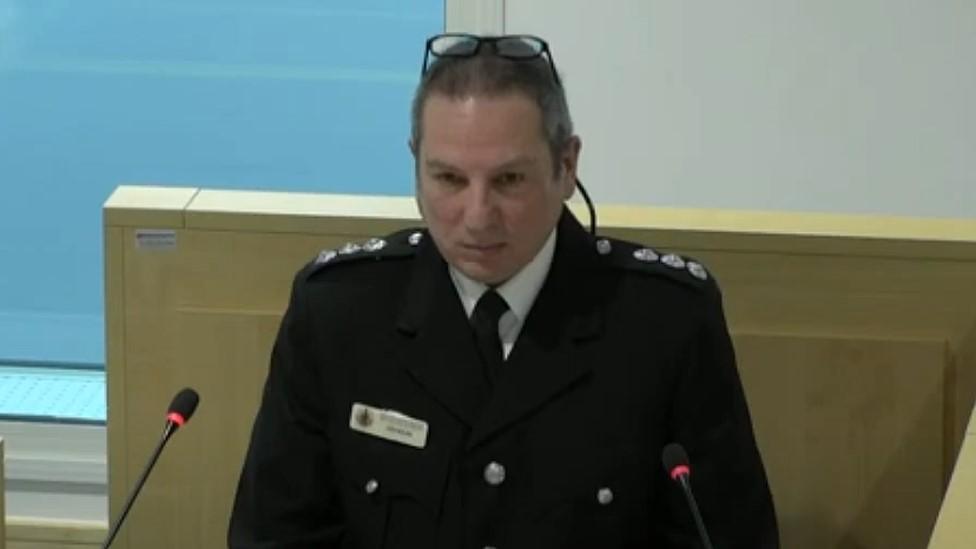
Jon Nolan said the skills of fire crews could have saved lives
A senior firefighter said being unable to immediately help those injured in the Manchester Arena bomb represented "probably the worst time in my career".
Watch manager Jon Nolan told the public inquiry into the 2017 attack he was never deployed to the scene.
Despite some crews being close enough to hear the bomb go off, they were not ordered to go in until two hours later.
"It's the first time we have trained to do something and not been allowed to do it," Mr Nolan said.
The hearing is examining the emergency response to the attack, in which 22 were killed at Manchester Arena as fans left an Ariana Grande concert.
Inquiry chairman Sir John Saunders told the hearing specialist fire crews with life-saving equipment may have been held back from the scene because someone within the ambulance service said they were not needed.

Twenty-two people died in the attack and hundreds more were injured
Sir John said another reason could have been that the fire service was being kept "in reserve" in case something else happened.
He spoke during evidence from Mr Nolan, who in 2017 was a watch manager for Greater Manchester Fire and Rescue Service (GMFRS).
Mr Nolan had been in charge of a Specialist Response Team (SRT) vehicle on the night of the attack, which carried ballistic jackets, first aid kits with specialist dressings for blast injuries, tourniquets and Sked stretchers - designed for rescues in challenging environments.
Mr Nolan said his crew was in one of two such vehicles - with a combined total of 10 crew members - who could have been deployed to the arena.
Previously the inquiry has heard that Greater Manchester Police (GMP) declared Operation Plato, a pre-planned response to what they believed was a marauding terrorist firearms attack. This happened following erroneous reports of gunfire.
'Frustration'
But GMP failed to inform fire and ambulance teams.
Communications between the 999 services broke down with fire crews kept away from the scene amid fears - soon dispelled - of an active shooter being at large.
Mr Nolan said if a fire engine had gone to the arena, crews would have found out what was really going on and "seven or eight" fire engines could have joined them within 15 minutes.
Instead the nearest fire crew, less than a mile away from the arena, had been ordered to drive away from the scene to rendezvous with other crews at Philips Park Fire Station, two miles away.
"It dawned on me potentially no-one was at the incident," Mr Nolan said.
"I was asking, 'Are we going to get deployed?' My frustration was mounting at that point, as was crews around us."
John Cooper QC, representing some of the bereaved families, suggested to Mr Nolan that the SRT teams could have made a "significant difference".
He replied: "I believe some difference could be made, yes. Just with some of the training with ballistic bandages. Normal fire crews could have made a difference as well."
Sir John said: "If you had been there as might have happened, you would have been in there, helping the medics and your particular skills in that area would have been an enormous help wouldn't it?"
"Yes," Mr Nolan replied.
Mr Cooper added: "Could have saved lives?"
"Yes," the witness again replied.
The inquiry continues.

Why not follow BBC North West on Facebook, external, Twitter, external and Instagram, external? You can also send story ideas to northwest.newsonline@bbc.co.uk
Related topics
- Published3 March 2021
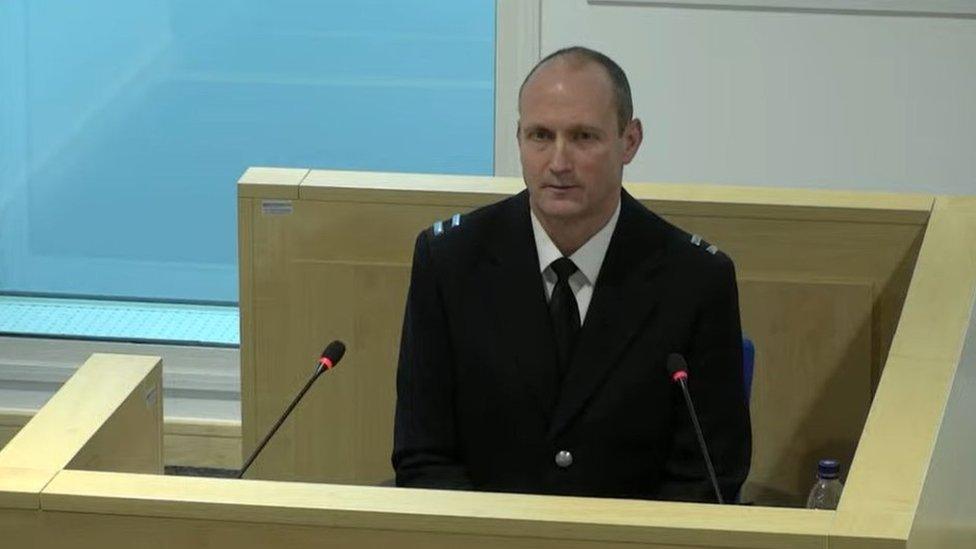
- Published2 March 2021
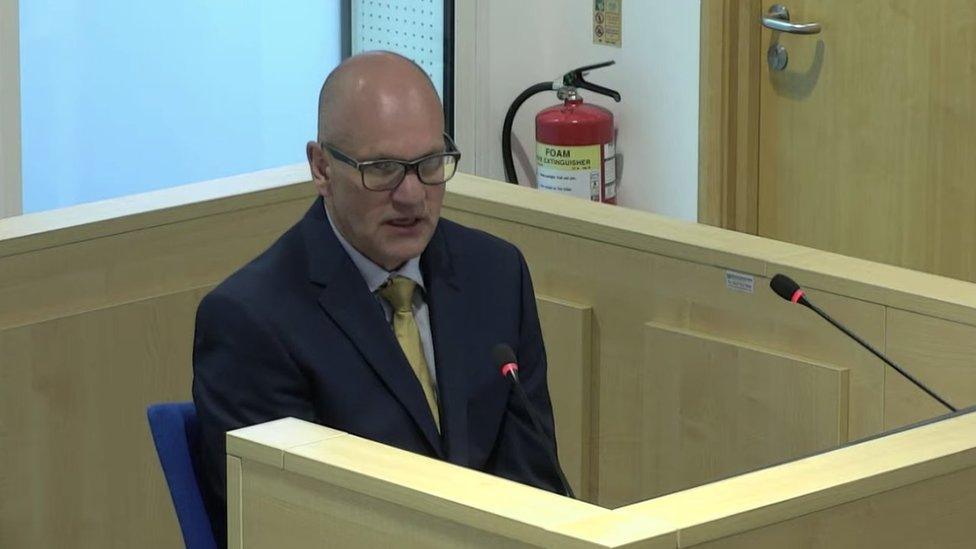
- Published24 February 2021
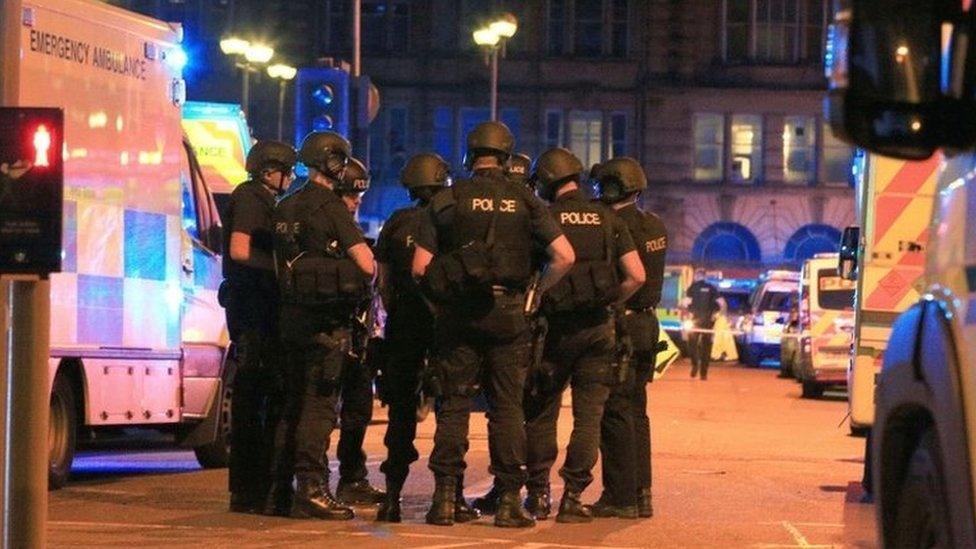
- Published23 February 2021

- Published17 March 2020
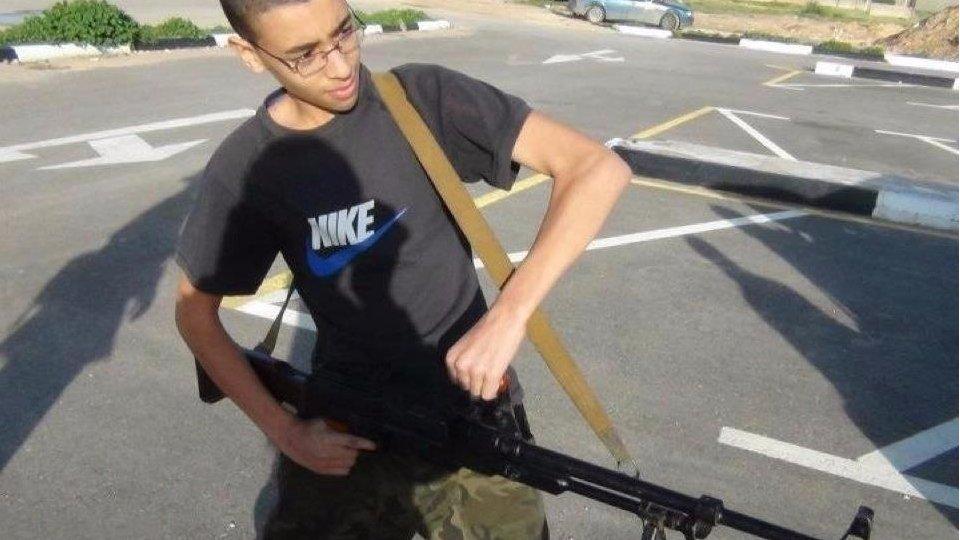
- Published3 November 2022
